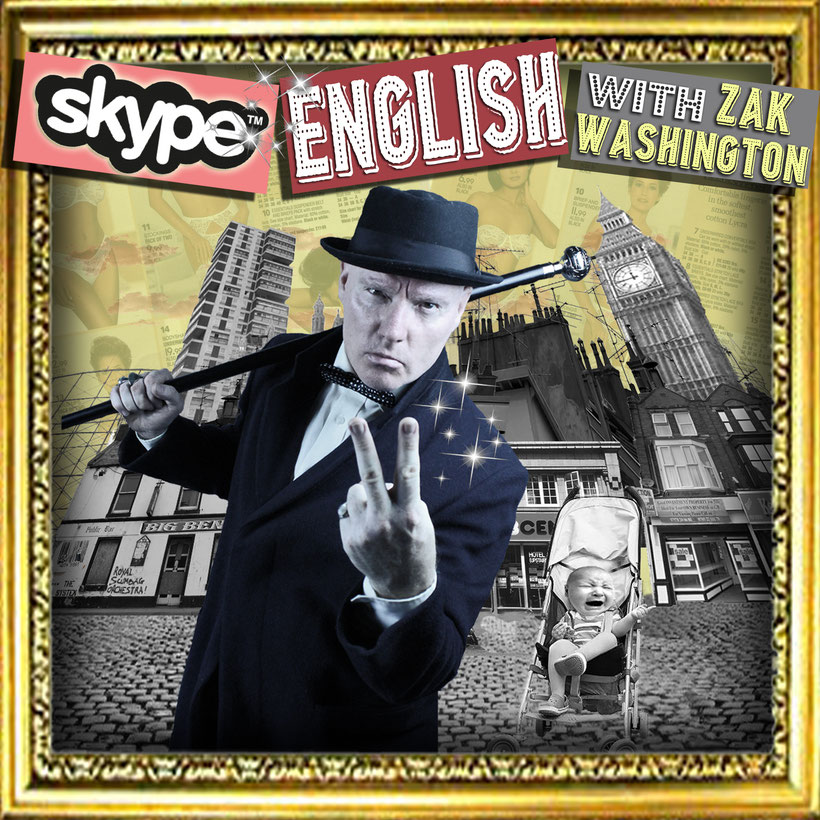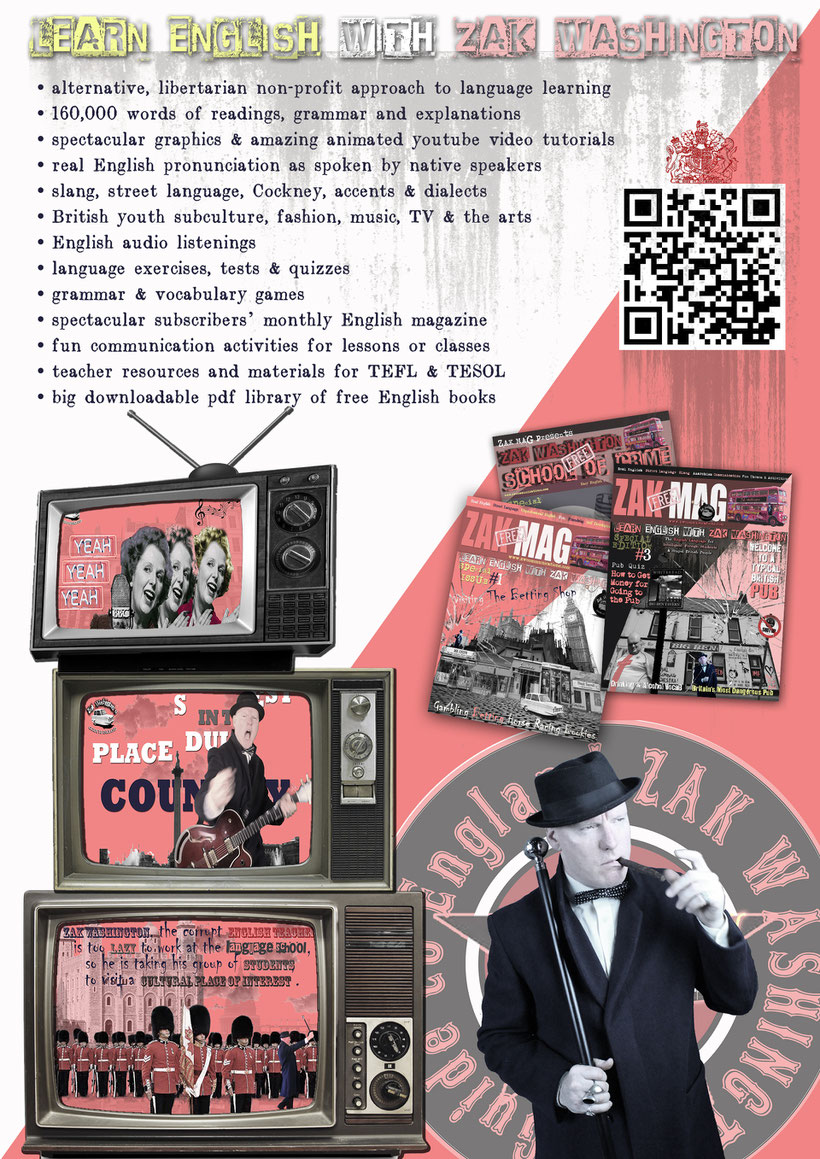
CONDITIONAL SENTENCES - Structure

CONDITIONAL SENTENCES - Negatives and contractions
| type | Examples | ||
|---|---|---|---|
| long forms | short/contracted forms | ||
| I | + | If I study, I will pass the exam. | If I study, I'll pass the exam. |
| - |
If I study, I will not
fail the exam. If I do not study, I will fail the exam. |
If I study, I won't
fail the exam. If I don't study, I'll fail the exam. |
|
| II | + | If I studied, I would pass the exam. | If I studied, I'd pass the exam. |
| - |
If I studied, I would not
fail the exam. If I did not study, I would fail the exam. |
If I studied, I wouldn't
fail the exam. If I didn't study, I'd fail the exam. |
|
| III | + | If I had studied, I would have passed the exam. | If I'd studied, I'd have passed the exam. |
| - |
If I had studied, I would not have
failed the exam. If I had not studied, I would have failed the exam. |
If I'd studied, I wouldn't have
failed the exam. If I hadn't studied, I'd have failed the exam. |
|
EXAMPLES OF FIRST CONDITIONAL SENTENCES
FIRST CONDITIONAL
1. A: Andiamo a Parigi domani ma non abbiamo programmato o prenotato niente.
B: Cosa farete se non troverete un alloggio?
2. A: Alloggeremo in un ostello.
B: E cosa farete se tutti gli ostelli sono pieni?
3. A: Cercheremo un campeggio.
B: E cosa farete se non troverete un campeggio?
4. A: Cercheremo un bed & breakfast.
B: Dove andrete se il tempo sarà brutto?
5. A: Se il tempo sarà brutto, passeremo la vacanza nei musei e gallerie d’arte.
B: E cosa farete se vi perderete?
6. A: Compreremo una cartina della città se ci perderemo, ma non ci perderemo.
B: E cosa farete se vi finiranno i soldi?
7. A: Se ci finiranno i soldi, torneremo prima.
B: E come tornerete all’aeroporto se non avrete soldi?
1. A: We’re going to Paris tomorrow but we haven’t planned or booked anything.
B: What will you do if you don’t find accommodation?
2. A: We’ll stay in a hostel.
B: And what will you do if all the hostels are full?
3. A: We’ll look for a campsite.
B: And what will you do if you don’t find a campsite?
4. A: We’ll look for a bed & breakfast.
B: Where will you go if the weather’s bad?
5. A: If the weather’s bad, we’ll spend the holiday in the museums and art galleries.
B: And what will you do if you get lost?
6. A: We’ll buy a map of the city if we get lost, but we won’t get lost.
B: And what will you do if you run out of money?
7. A: If we run out of money, we’ll come back early.
B: And how will you get back to the airport if you don’t have any money?
EXAMPLES OF SECOND CONDITIONAL SENTENCES
1. A: Cosa faresti se tu vincessi alla lotteria?
B: Visiterei più paesi possibili.
2. A: In quale paese andresti se tu avessi la possibilità di lavorare all’estero per un anno?
B: Andrei in Norvegia.
3. A:Quale lingua ti piacerebbe imparare di più?
B: Mi piacerebbe imparare il giapponese di più.
4. A:In quale città europea andresti per 2 giorni?
B: Andrei a Barcellona per 2 giorni.
5. A: Quale ristorante consiglieresti ad amici?
B: Consiglierei un ristorante di pesce qui vicino.
6. A: Quale libro porteresti su un’isola deserta?
B: Porterei le opere complete di Shakespeare.
7. A: Quale sport ti piacerebbe imparare di più?
B: Mi piacerebbe imparare a pattinare di più.
8. A: Se tu potessi scegliere, in quale paese andresti l’estate prossima?
B: Andrei in Canada se potessi scegliere.
1. A: What would you do if you won the lottery?
B: I’d visit as many countries as possible.
2. A: What country would you go to if you had the chance to work abroad for a year?
B: I’d go to Norway.
3. A: What language would you like to learn most?
B: I’d like to learn Japanese most.
4. A: What European city would you go to for two days?
B: I’d go to Barcelona for two days.
5. A: What restaurant would you recommend to friends?
B: I’d recommend a fish restaurant nearby.
6. A: What book would you take on a desert island?
B: I’d take Shakespeare’s complete works.
7. A: What sport would you like to learn most?
B: I’d like to learn to skate most.
8. A: If you could choose, what country would you go to next summer?
B: I’d go to Canada if I could choose.
DOWNLOAD AND COMPLETE THESE EXERCISE Answers are included at the bottom of the page for self-correction
Check out our Zak Washington English learners' video tutorial (released every two weeks on Youtube):


